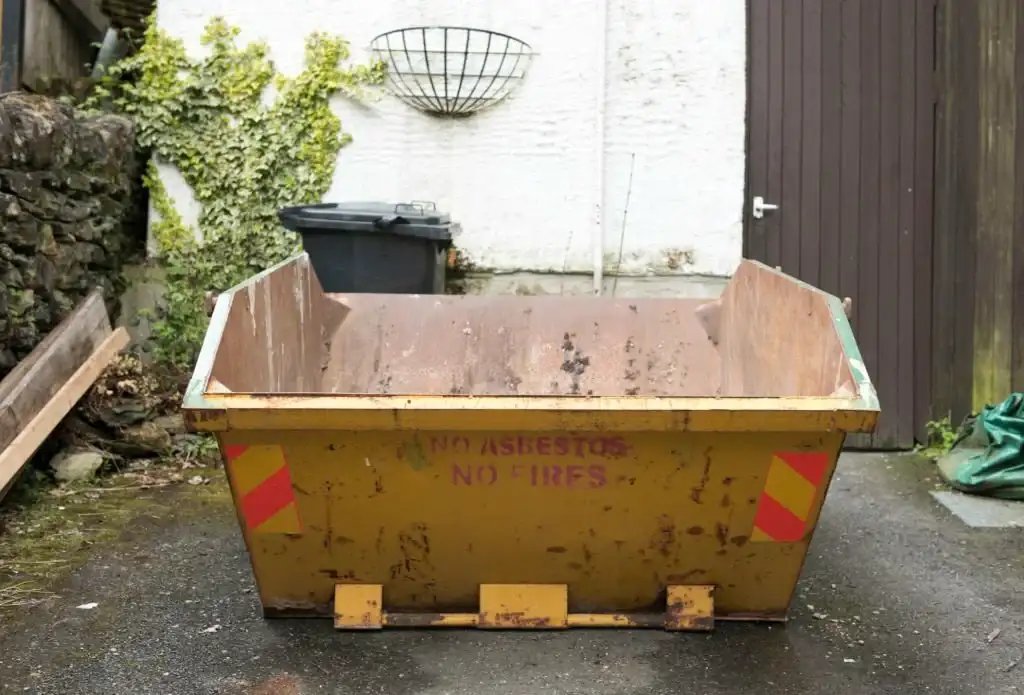Dumpster diving, also known as skip dipping, is becoming more popular in Scotland because people are getting more aware of how it helps the environment. This guide is like your quick pass to check out dumpster diving in Scotland.
We’re going to talk about how to stay safe, find cool stuff, and know the best places to dive into dumpsters. It doesn’t matter if you’re just starting or if you’re a pro at diving – let’s explore the world of eco-friendly living in the beautiful setting of Scotland.
Is Dumpster Diving Illegal in Scotland
Well, the answer isn’t a clear yes or no. Generally, it’s not illegal, but there are some important things to know. If you’re going through public trash bins, you’re usually okay. However, if you’re on private property without permission, that’s a problem. It’s like going into someone’s yard without asking – not cool.
Each place might have its own rules, so it’s smart to check. Also, be careful about safety and cleanliness. Don’t forget, what might look like treasure to you might be someone else’s private stuff. So, it’s all about being respectful and not causing any trouble. Keep in mind, that rules can change, so it’s good to stay updated.
Is Dumpster diving at night illegal in Scotland?
In Scotland, just like in the rest of the UK, there’s no direct law saying dumpster diving is illegal. But, there are other laws that might apply, like trespassing, littering, and theft. Local councils may have their own rules too, so it’s smart to check with them before diving into public places.
Even though there isn’t a specific law against it, remember that going onto someone’s property without permission (like when you dive into their bin) is trespassing. If caught on private property, the owner can take legal action. Taking things from the dumpster might also get you in trouble for theft.

Dumpster diving at night might be seen as littering. There’s a law saying you can’t leave rubbish in public places without the local council’s permission. This includes putting stuff in someone else’s bin. If you’re caught, you could be fined up to £2,500.
So, while there’s no exact law against dumpster diving in Scotland, it’s important to know about these other rules and potential problems before you give it a go.
How much money can you make dumpster diving in Scotland
It’s challenging to provide a specific figure for how much money one can make dumpster diving in Scotland, as it varies widely based on factors like location, individual efforts, and the type of items found. Some people report making anywhere from £400 to £1500 per month, while others may find items with higher value, increasing potential earnings.
However, it’s crucial to note that dumpster diving income is unpredictable and depends on factors like the availability of valuable items, local regulations, and personal dedication to the activity. It’s not a guaranteed source of income, and earnings can fluctuate from month to month. Engaging in dumpster diving should be approached with the primary goal of sustainability, resourcefulness, and environmental consciousness rather than relying on it as a consistent income stream.
Best places to dumpster dive in Scotland
Determining the ideal places for dumpster diving in Scotland depends on various factors, such as the type of items you’re seeking and local regulations. Here are some general suggestions:
- Urban Areas: Larger cities and towns tend to have more commercial establishments, increasing the chances of finding discarded items that still hold value.
- Retail Districts: Behind retail stores or shopping centers, including outside malls, can be promising, especially those that dispose of unsold yet usable items.
- Residential Zones: In some cases, residential areas might offer opportunities, particularly near apartment complexes during move-out periods.
- College Campuses: Around universities or colleges, especially during move-out periods, students might discard items that are still in good condition.
- Industrial Zones: Check out industrial areas, as dumpsters from manufacturing or construction sites may contain materials or tools worth salvaging.
It’s vital to respect local laws and property boundaries. Prioritize safety, and cleanliness, and be aware of potential environmental and health risks associated with dumpster diving. Establishing positive connections with local businesses or communities can enhance your dumpster diving experience.
Final Thoughts
Dumpster diving in Scotland is an intriguing mix of sustainability and surprise finds. While there’s no specific law against it, play it safe—respect property rules and local guidelines. Check out urban spots, retail areas, residential zones, campuses, and industrial spots for potential treasures.
Prioritize safety, and cleanliness, and be aware of legal and environmental considerations. Connecting with locals and businesses can make the experience more enjoyable. It’s not just about stuff; it’s a unique way to rethink waste and find unexpected gems in the process. Enjoy the journey!

Greetings, eco-conscious explorers! I am Arjun Bandari, a seasoned Dumpster Diving enthusiast with over a decade of expertise in uncovering hidden treasures amidst the discarded. My journey into this unconventional lifestyle began in New York, fueled by a passion for sustainability and a desire to challenge the norms of our throwaway culture.
With a bachelor’s in Enviromental Health and Safety, I seamlessly blend academic insights with practical experiences to navigate the world of Dumpster Diving. Over the years, I’ve become a recognized figure in the sustainable living community, sharing my discoveries and insights through workshops, community outreach, and various online platforms.
My commitment to promoting eco-friendly practices has garnered attention from local and regional media, earning me featured spots in publications that highlight the environmental impact of Dumpster Diving. As an advocate for responsible waste management, I have been honored with awards recognizing my contributions to the field.
In addition to my hands-on experiences, I’ve extended my reach through various published works, shedding light on the untapped potential within discarded items. Whether it’s repurposing furniture, salvaging electronics, or sharing practical tips for fellow Dumpster Diving enthusiasts, I am dedicated to inspiring a conscious and sustainable way of living.
Join me on this exciting journey as we redefine the narrative around waste, discover hidden gems, and collectively contribute to a greener, more sustainable future. Together, let’s dive into the world of Dumpster Diving and uncover the beauty beneath the surface of our disposable society.

